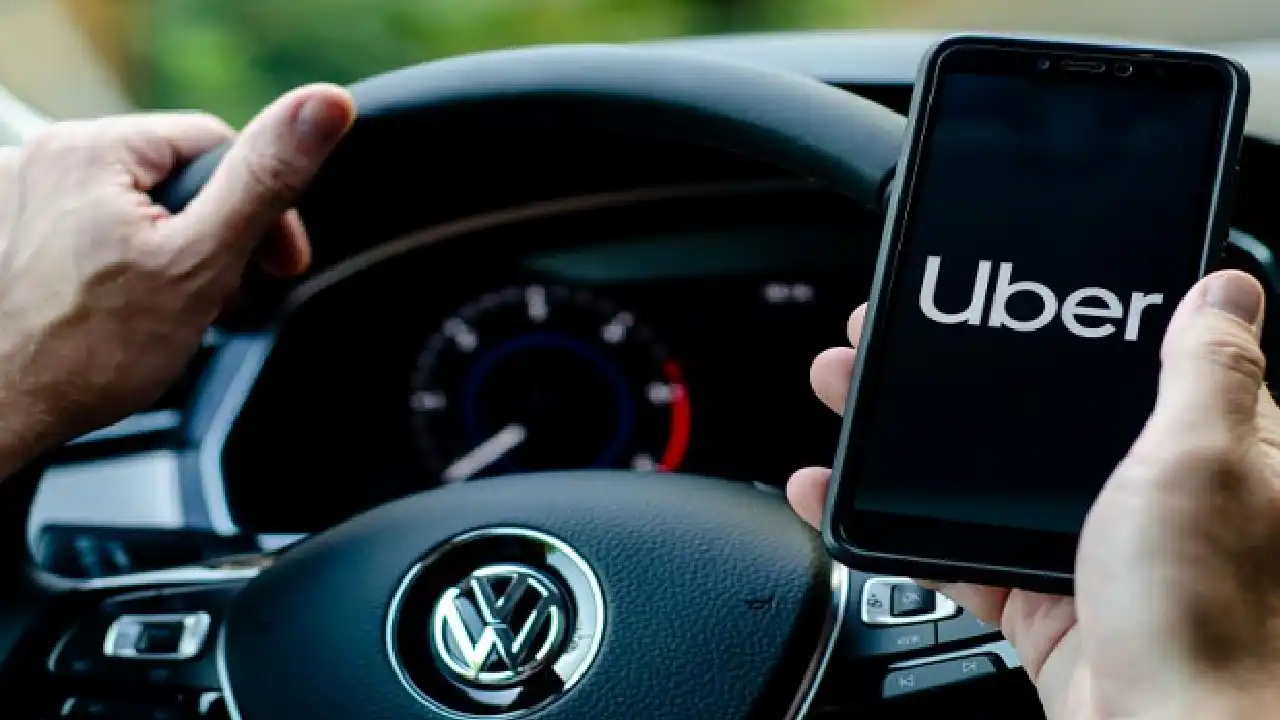NEWS
Why Uber’s Wait Time Fee Policy Faced Legal Scrutiny

Uber, the ride-hailing giant, has faced numerous legal challenges over the years. One of the most contentious issues has been its wait time fee policy, which has come under intense scrutiny from various legal bodies. This article delves into the reasons behind the legal scrutiny and the implications for both Uber and its users.
The Controversy Surrounding Wait Time Fees
In 2016, Uber introduced wait time fees, which were charged to passengers if they took more than two minutes to board the vehicle after its arrival. This policy was expanded nationwide, and while it might seem like a minor inconvenience to some, it became a major point of contention for passengers with disabilities. The Department of Justice (DOJ) filed a lawsuit against Uber, alleging that the company’s wait time fee policy violated the Americans with Disabilities Act (ADA). The DOJ’s complaint highlighted that passengers with disabilities, such as those using wheelchairs or walkers, often require more than two minutes to board a vehicle. Even visually impaired passengers might need additional time to locate the vehicle. Despite being aware of these challenges, Uber continued to impose the wait time fee after the two-minute mark.
Uber’s Legal Battles
The uber lawsuit over wait time fees is just one of the many legal challenges the company has faced. In 2013, a class action lawsuit was filed against Uber, challenging the company’s classification of its drivers as independent contractors rather than employees. This classification meant that drivers were not entitled to benefits like minimum wage and reimbursement for work-related expenses. The lawsuit argued that Uber drivers were, in fact, employees entitled to the full protections of California labor law. In another case, the California Supreme Court ruled that Uber must face a lawsuit claiming it should have covered Uber Eats drivers’ work-related expenses.
Read More About: Uber App and Amazing Features
Settlements and Resolutions
In response to the DOJ’s lawsuit over wait time fees, Uber agreed to a multi-million-dollar settlement. Under this agreement, Uber committed to waiving wait time fees for riders who certify that they need additional time to board due to a disability. Additionally, Uber agreed to provide refunds to those charged with wait time fees due to disability and to train its customer service representatives on the waiver program. The company also committed to compensating over 65,000 eligible riders who had been charged these fees in the past.
Conclusion
The uber lawsuit over wait time fees and other legal challenges highlight the complexities of operating a global ride-sharing platform. While Uber has revolutionized transportation, it has also been a magnet for legal scrutiny. As the company continues to evolve, it will be crucial for it to address these concerns proactively, ensuring that all users, regardless of their abilities, can access its services without facing discrimination or undue burdens.
Kenneth is a proud native of sydney, born and raised there. However, he pursued his education abroad and studied in Australia. Kenneth has worked as a journalist for almost a decade, making valuable contributions to prominent publications such as Yahoo News and The Verge. Currently, he serves as a journalist for The Hear Up, where he focuses on covering climate and science news. You can reach Kenneth at [email protected].










